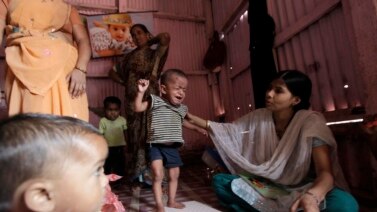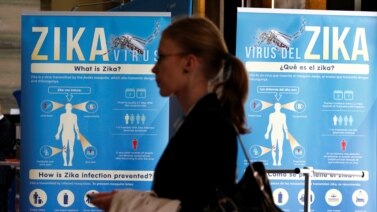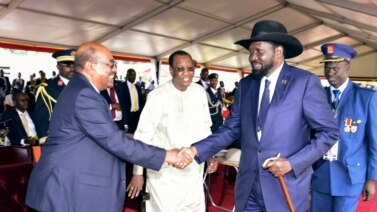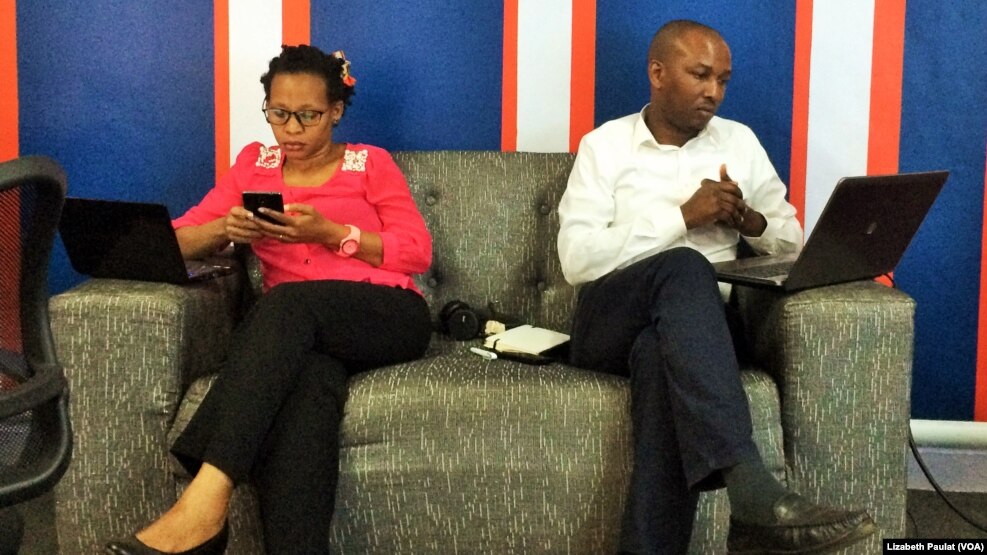
Social media is filling a big demand in Uganda for individuals who have medical questions or need health care.
The African nation has just one doctor for every 25,000 people. It is especially hard for those in rural areas to get care.
A 24-hour medical hotline was set up to help meet their needs. The service uses social media to let Ugandans speak directly with certified doctors and pharmacists.
People can make telephone calls to the office of the Medical Concierge Group in Kampala. But most use free messaging services like WhatsApp instead to contact the office's trained specialists. The use of social media helps the group keep costs low and offer the hotline service for free.
The hotline's call center receives about 50,000 questions a month. Dr. Yvette Wibabara works there. She says the questions often relate to local health outreach programs.
“Certain seasons they publicize about health topics, menstruation, immunization. So depending on what's going on with the UNICEF publications, that's what they get here most. The other platform we have is incoming and outgoing calls. [telephone rings] Here we go.”
The man on this call had a question about his wife. He is worried she suffers from a medical complication after giving birth.
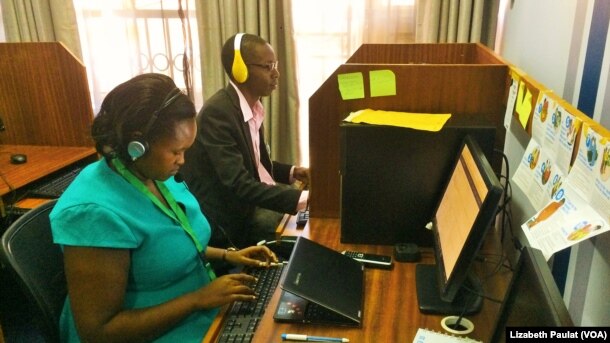
Sometimes the call center brings in specialists to discuss health issues. On the day a VOA reporter went, a Ugandan cancer specialist was using Twitter to answer questions.
Workers at the center spend a lot of time correcting common health myths, such as that vaccinations are dangerous.
Dr. John Mark Bwanika said the hotline also gives people the chance to raise questions they would be too embarrassed to ask their local health provider.
“The questions are quite varied and straight out. But a lot of the questions, especially from the young people, are on sexual reproductive health issues. Things like, how do I use a condom? Where do I get testing for HIV? Where do I get post-abortion care?”
Bwanika said another reason many people use the hotline is to find the nearest care provider. The Medical Concierge Group keeps records of doctors and specialists throughout the country.
The hotline plans to expand its service in Uganda to other African countries.
I'm Bryan Lynn.
Lizabeth Paulat reported this story for VOANews.com. Bryan Lynn adapted her report for Learning English. George Grow was the editor.
We want to hear from you. Would you use social media apps to connect with a doctor? Write to us in the Comments section, and visit our Facebook page.
Words in This Story
hotline - n. a service available to the public for offering information
certified - adj. officially recognized for meeting certain set standards
complication - n. a disease or condition that happens in addition to another disease
myth - n. an idea or story that is believed by many people, but is not true
embarrassed - adj. feeling or showing shame or awkwardness
